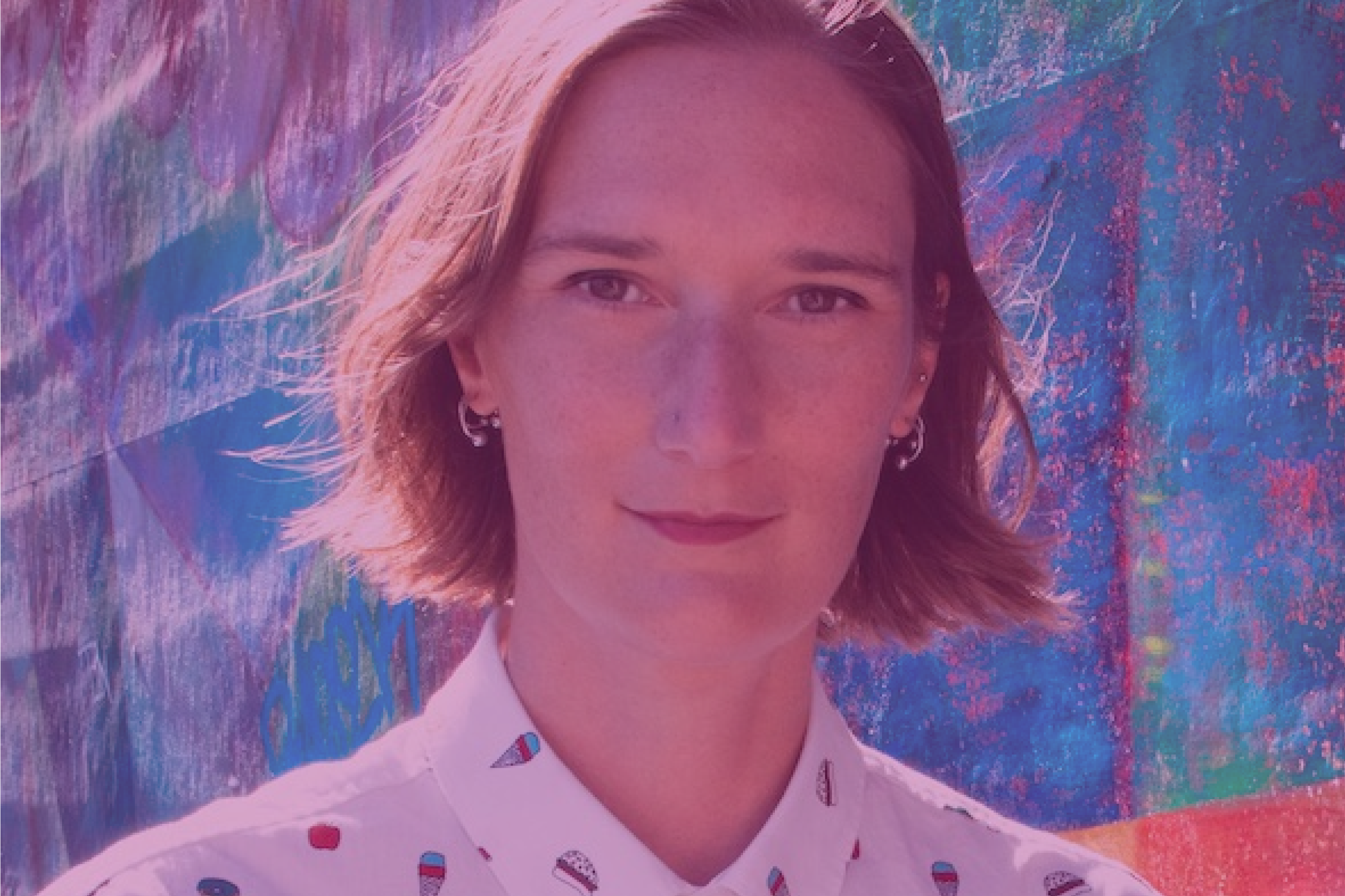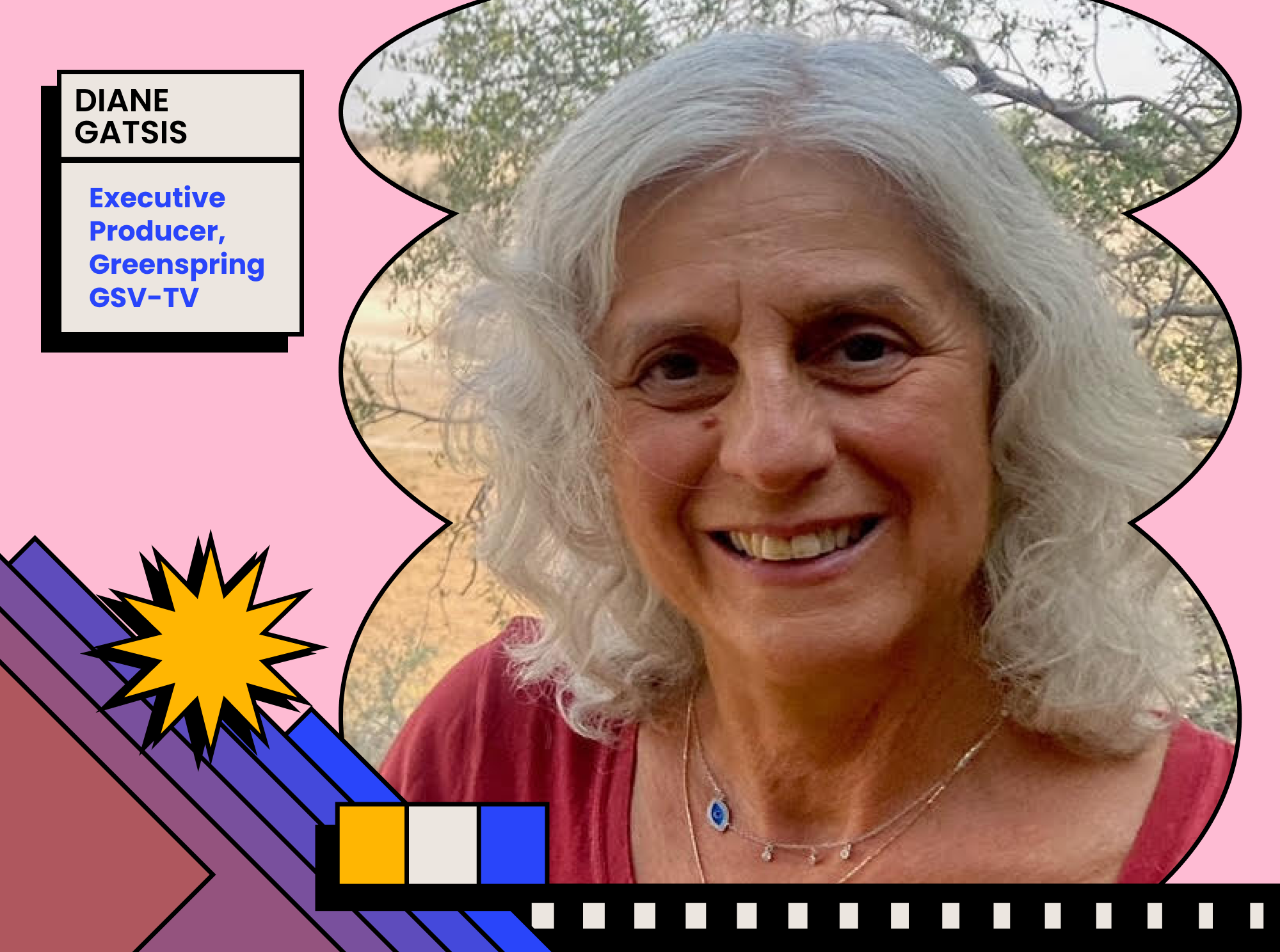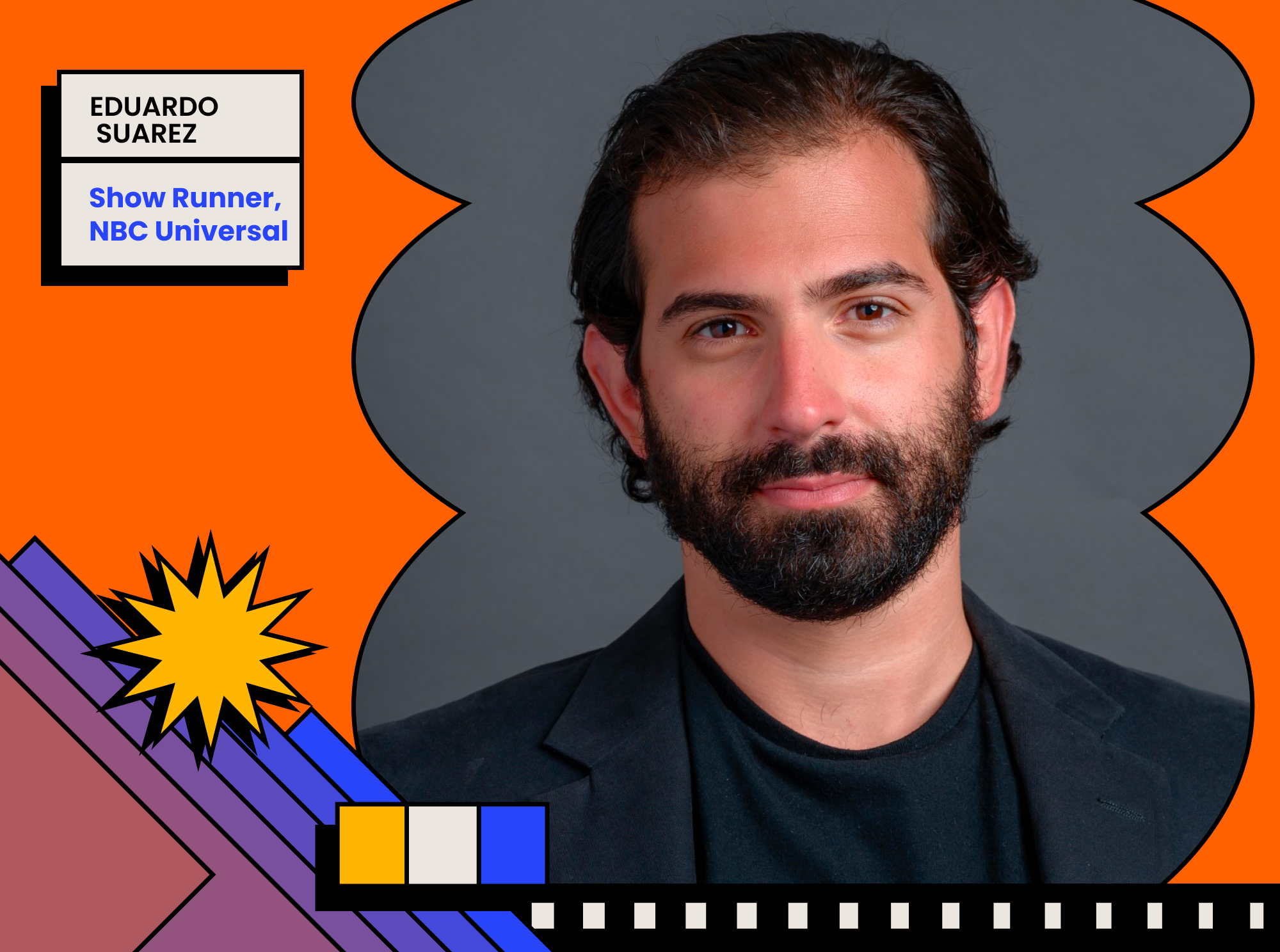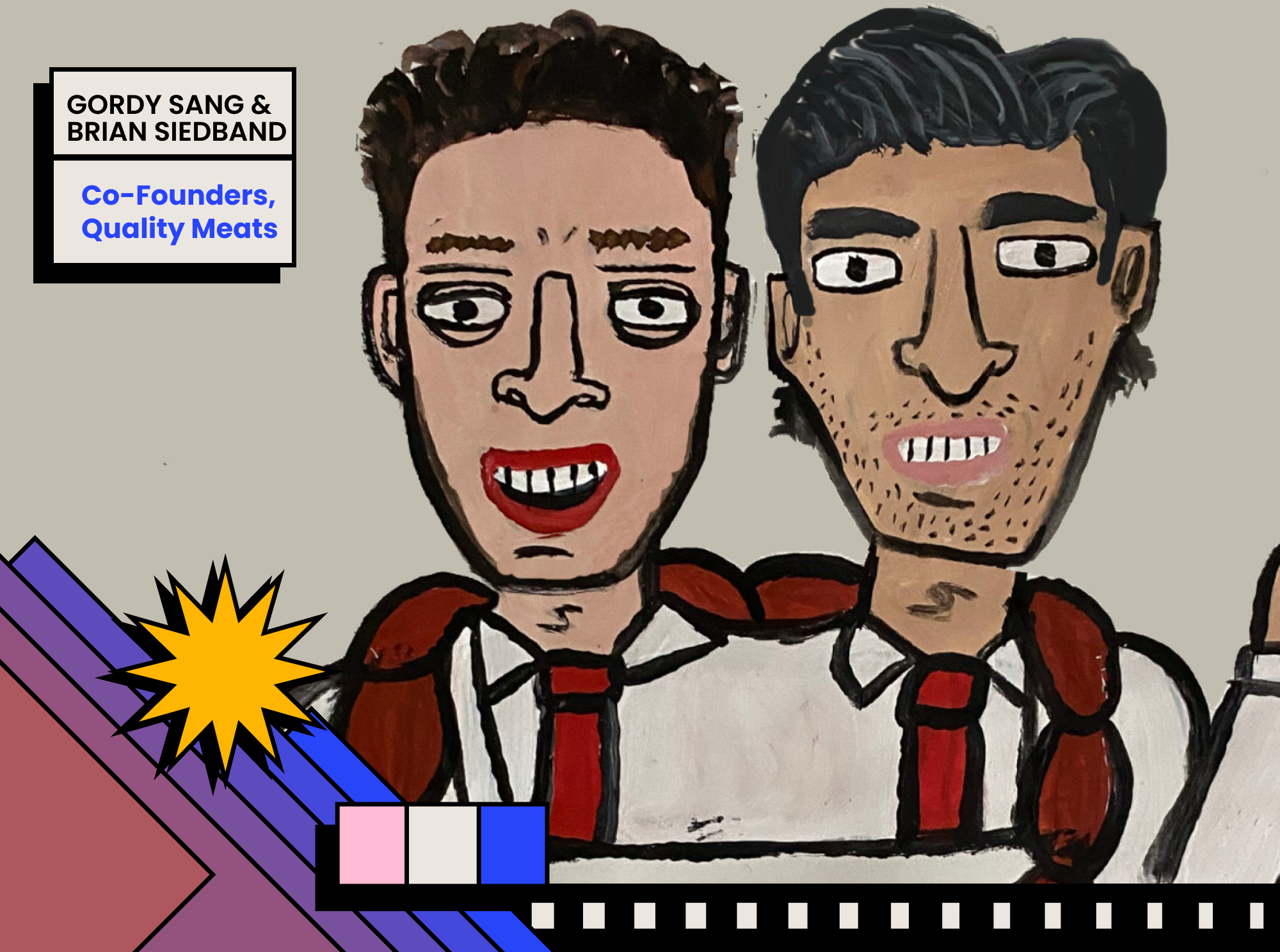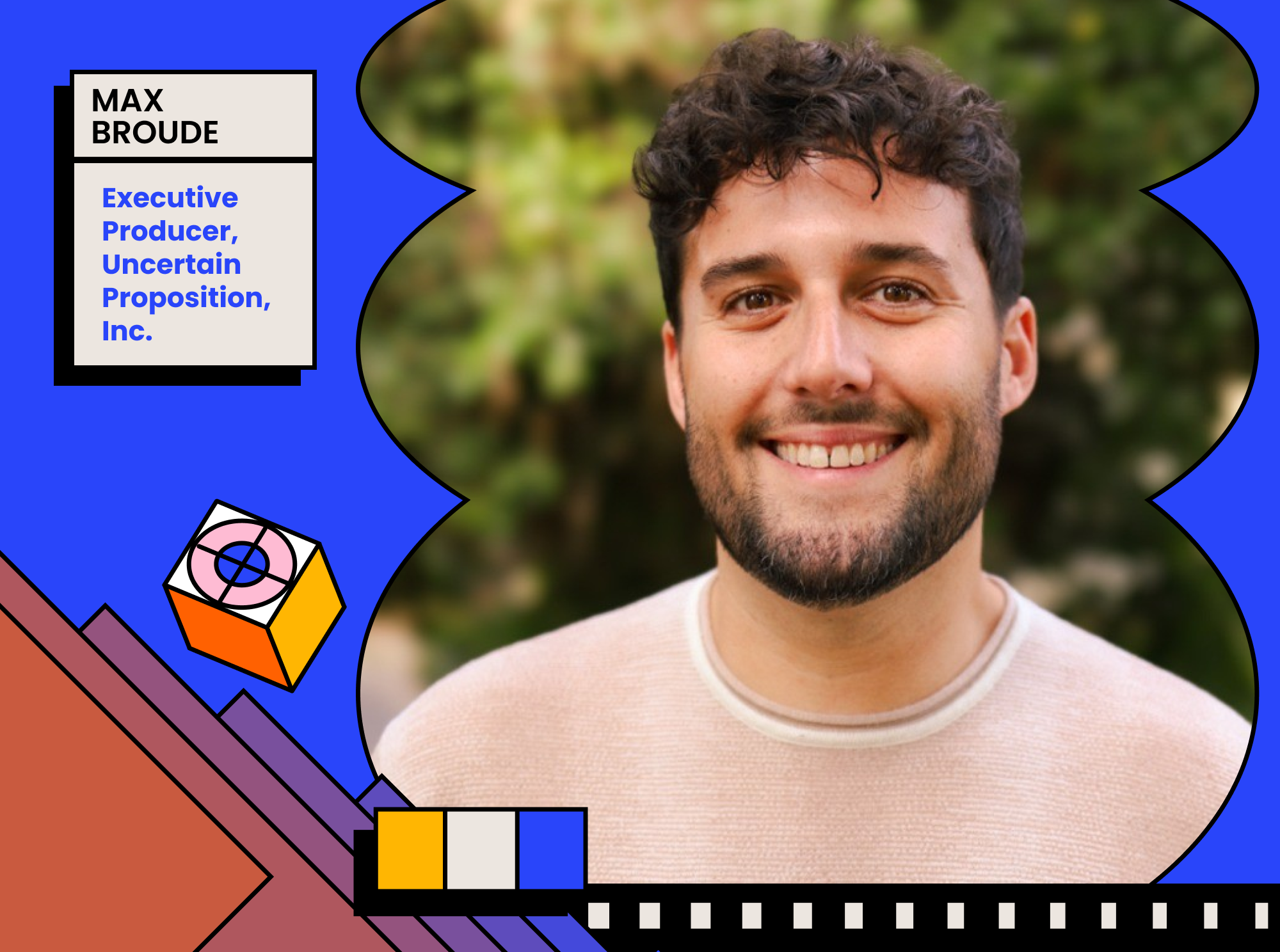We’re so thrilled to introduce you to Telly Awards Judge Katie Hinsen, Director of Technology for Marvel Studios! Originally from New Zealand, Katie’s career journey took her through roles as a finishing artist, engineer, editor, VFX artist, and colorist before she started focusing on building, developing and scaling technology-forward organizations. She has spent much of her career focused on the forecasting and implementation of emerging technologies that are transforming the entertainment world. Katie is a passionate mentor and advocate for emerging talent, the co-founder of Blue Collar Post Collective, and recipient of the Women in Technology Hollywood Leadership Award.
Read our interview with Katie below to learn about how she’s using technology to innovate content creation!
What is your job title? What does your day to day look like?
I am the Director of Technology for Marvel Studios. My job is essentially in service to some of the world’s best creatives and technologists – ensuring they are best equipped to do their most astounding work, now and in the future.
The day to day of that involves a lot of collaboration, so I spend a lot of time in meetings. That may sound mundane but it’s not, I spend my time learning, listening, advising and advocating for whatever it takes to improve the overall Production process. We are in the business of constantly reimagining the entire content creation process, finding ways to give our brilliant creatives more time and resources to tell their stories, and working toward whatever the future holds for media and entertainment.
What’s the best part of your job? What’s the most challenging?
The best part of my job is the most challenging. My career has been built around a process of creating content that hasn’t fundamentally changed in over 100 years. My job now is to question and disrupt and help lead a team working to improve that process, while protecting the creative integrity and quality of the product itself. As technologists we too often overestimate technology and underestimate society. People drive the tools we create. So it is always easier to design and build technology that disrupts processes, than to design and implement technology that disrupts the people who are fundamental to that process. Tinkering with the filmmaking journey is a delicate art, and that challenge is incredibly fun.
What was your first job in the industry? What did it teach you?
My first job in the industry was as a cable runner for live studio television. This of course was before wireless technology was introduced. As the cameras moved around the studio, and sets moved, people moved, invisibly and silently doing a well-choreographed dance- the cable runner had to ensure nobody would trip or run over the cables that connected the cameras to the patch bays. While I was in that job, I took time between shifts to learn other peoples’ roles as best I could, too.
I learned just how much of a delicate, interconnected ecosystem we are in when creating content. Everyone’s role has an impact on everyone else’s. Knowing how my job as cable runner was so essential to every other person’s success instilled a sense of greater responsibility not only to my own work but to the Production. And that has been true of every position I have held throughout my career. Filmmaking truly is a team sport.
What are the best and worst pieces of professional advice you’ve received?
The worst piece of professional advice I received was early in my career. I was told that if I continued to look, dress, talk a certain way and generally be myself nobody would ever take me seriously and I’d never go far. Today, being unapologetically and proudly, completely my weird and wonderful self is my greatest strength. It’s the truth, and honesty and integrity are what have carried me far. I value the trust people place in me, folks know that I’m always going to be completely authentic, and it empowers others around me to bring their whole selves to work too.
The best? “You’re not that special”. Whenever I wonder whether something I enjoy will resonate with anyone else, I remind myself that I’m not so unique that I’d ever be the only person in the world who thinks the same way. If I think something looks good, or is a good idea, or is something I’d want to have, then most likely the countless other people just like myself will too. It gives me the confidence to go ahead and put my ideas out there.
How would you define creative success?
In the most basic sense, creative success is achieved when something is created. An idea, a process, a piece of art. It sounds so simple but it’s not. It takes courage and discipline just to contribute something to the world that didn’t exist before.
As a technology leader and a consumer of content, I see creative innovation as a natural extension of this. Things that really give me joy, that move me, are those that I have never seen before, things that are unexpected, even “weird”, in the very best sense of the word. Creative innovation goes beyond “success”, toward excellence. I look for both of these things.
What project are you most proud to have worked on?
The thing I’m most proud of in my career is having co-founded and built the Blue Collar Post Collective, an accessible and focused grassroots initiative supporting emerging talent in post production. It is now the largest non-profit of its kind, serving over 16,000 members across the world. The BCPC has made a real impact over the years not just to thousands of individuals, but to the culture and practices of the post production industry itself. It is rare that any of us are given the opportunity to be of service to our community on such a scale, I am so fortunate and incredibly proud of not only the work my team and I did, but the movement we created.
What makes you excited for the future of your industry?
I have always been excited for the future of my industry, it’s foundational to what I do! But never more than in the past decade. The democratization of the means of production and dissemination of media has meant that a broader, more diverse set of folks have entered our community of content creators. They don’t have the boundaries enforced by our discipline and history, the “way things have always been done”. This is truly disruptive, and challenges us in the professional world to push our own talents and innovation further than ever.

